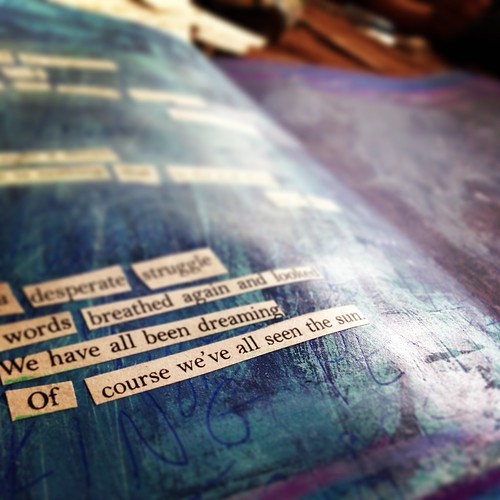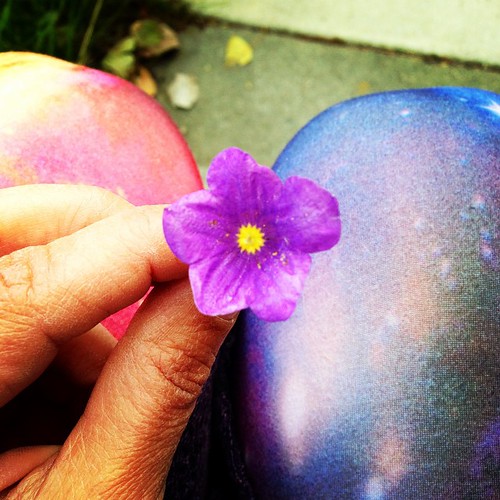I heard it said once that every human is a story with skin.
If this is true, paragraphs would be etched in the scars on my wrists.
Whole chapters could be written about the way my heart pounds when I startle awake.
And every single one of my tears could fill a book.
But stories, with all their promise, only leave room for disappointment. I don’t have room for that anymore. I left it all—the hope, the love, the promise—back in my old life with the ghosts I’d rather forget: Jude. Emma. Pacey.
Kevin.
This is how I dare to move forward and to believe in a new beginning. I let go of the old. I just grab the new and run. I don’t wait around anymore. I can’t.
Waiting leaves room for the voices.
Somewhere between water and sky, I'll find a way to burn these voices to the ground.
Writing a book is really hard. Like, really hard. The combination of blind hope, precision, and sheer guts that it takes to not only write but release a book is insane, and awesome, and calls up all sorts of exhilaration and terror (the good kind) within me.
So when someone I know does it, launches a book out into this wide world, I'm going to say something. And today, Elora Ramirez releases her latest book, Somewhere Between Water and Sky (that's what the above gorgeous words are from). This is the sequel to her premiere novel which came out last year, which I also highly recommend. I haven't gotten to read SBWaS yet, but I'm looking forward to it. I know Elora from her online writing community, The Story Unfolding, and without her and the wonderful women I met there, my own book would never have happened. So . . . thank you, and congrats, Elora!
And -- Elora is giving away a coaching session and an Amazon giftcard! You can enter here, and following are links to where you can purchase a copy (psst: it's $0.99 on Kindle!), and to more of Elora's creations.
If this is true, paragraphs would be etched in the scars on my wrists.
Whole chapters could be written about the way my heart pounds when I startle awake.
And every single one of my tears could fill a book.
But stories, with all their promise, only leave room for disappointment. I don’t have room for that anymore. I left it all—the hope, the love, the promise—back in my old life with the ghosts I’d rather forget: Jude. Emma. Pacey.
Kevin.
This is how I dare to move forward and to believe in a new beginning. I let go of the old. I just grab the new and run. I don’t wait around anymore. I can’t.
Waiting leaves room for the voices.
Somewhere between water and sky, I'll find a way to burn these voices to the ground.
Writing a book is really hard. Like, really hard. The combination of blind hope, precision, and sheer guts that it takes to not only write but release a book is insane, and awesome, and calls up all sorts of exhilaration and terror (the good kind) within me.
So when someone I know does it, launches a book out into this wide world, I'm going to say something. And today, Elora Ramirez releases her latest book, Somewhere Between Water and Sky (that's what the above gorgeous words are from). This is the sequel to her premiere novel which came out last year, which I also highly recommend. I haven't gotten to read SBWaS yet, but I'm looking forward to it. I know Elora from her online writing community, The Story Unfolding, and without her and the wonderful women I met there, my own book would never have happened. So . . . thank you, and congrats, Elora!
And -- Elora is giving away a coaching session and an Amazon giftcard! You can enter here, and following are links to where you can purchase a copy (psst: it's $0.99 on Kindle!), and to more of Elora's creations.
Grab a copy:
Elora
Ramirez lives in Austin, Texas with her chef-husband. At the age of four, she
taught herself how to read and write, cutting her teeth on books like Dr. Seuss
and writing anywhere she could find the space--including her Fisher Price
kitchen set, the pages of picture books and Highlights Magazine. Since then,
she's grown to love the way words feel as they swell within her bones. Writing
holy and broken is her calling, and pushing back the darkness and pursuing
beauty through story is her purpose. She embraces the power of story and
teaches women from all parts of the world how to embrace theirs. She has a
knack of calling things out , the truth and the detail, the subversive threads
that make a life a story. She loves hip-hop, wishes she lived by the beach and
cannot write without copious amounts of coffee, chocolate, music, and her
husband's lavender liqueur.
Blog | Facebook | Twitter | Author
Goodreads




